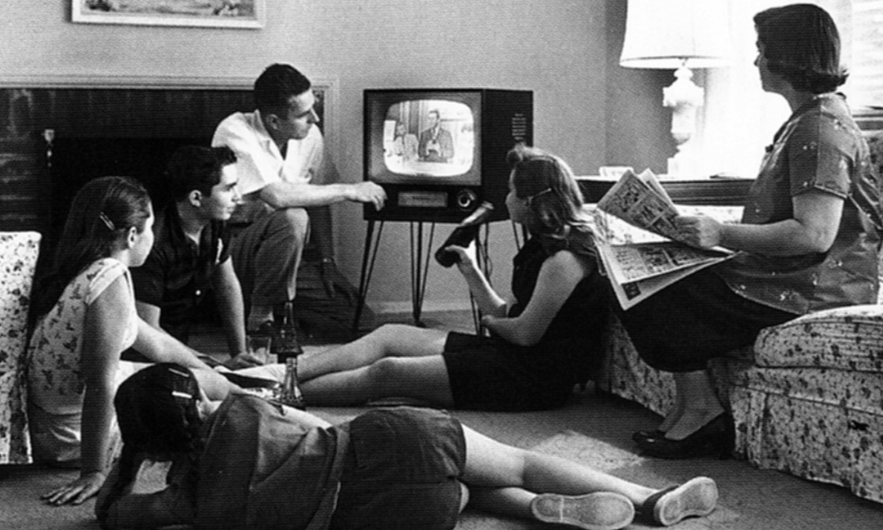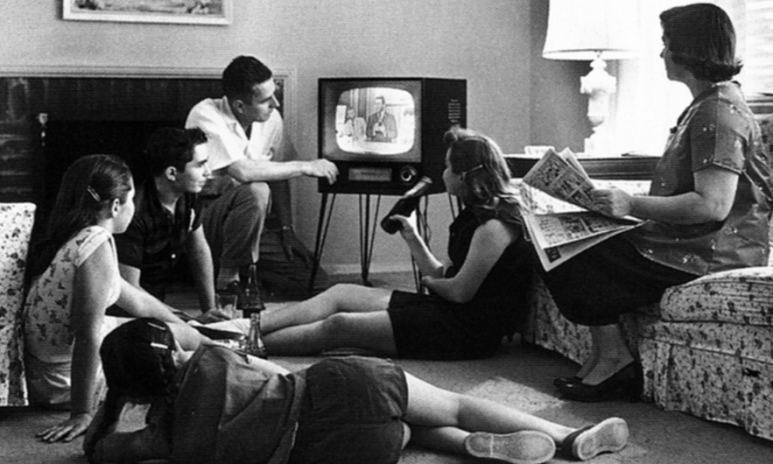Published: 23 September 2014
Country: Spain
 Spain is the country where same-sex marriage has existed for almost a decade. But some Spanish media still promote discrimination against LGBT community. The latest example was the family show ¿Quién manda aquí? (Who’s in charge here?).
Spain is the country where same-sex marriage has existed for almost a decade. But some Spanish media still promote discrimination against LGBT community. The latest example was the family show ¿Quién manda aquí? (Who’s in charge here?).

The show that encourages families, two adults and one child under 12, to participate in a competition for the travel price, is broadcasted on TVE1, one of the most popular TV stations in Spain. However, a problematic precondition appeared in the casting’s rules: “Every team have to be formed by a man (father), a woman (mother) and a minor between 8 and 12 years old”. This means that same-sex couples and one parent families were excluded.
In a country where the same-sex marriage was legalised in 2005, with majority of the society in favour of it, these rules were criticised by many. The most popular national edition newspapers published stories about the issue and LGBT associations complained about it. A citizens’ campaign was even created on the advocacy website Change.org, so the programme director decided to change the rules. Finally, on 14th August, the producer announced that non-heterosexual couples will be also able to participate in the programme, as well as one-parent families, which will have a special edition program.
Yet, it is not the first TVE programme which causes discomfort among the population.
After the Popular Party won the last general election, the main Spanish TV channels faced many changes, some of them disputed. In May 2013, TVE news already made alarms bell go off. It broadcasted two news pieces reporting on sensitive subjects, but it gave its coverage a moralising tone.
The first talked about how useful it is for unemployed people to pray in the church: in a country with around 25% of population without job, this seemed to be a bad joke and showed a lack of respect. Some days later, the same news’ bulletin had the headline “Does my daughter dress in a provocative way?”. The news reported discussed how short the skirts and how wide necklines worn by the youth supposed to be. It caused criticism among the public due to its sexist and inappropriate tone.
This is the second time this year that critics coming from different parts of the society achieved changing TVE schedules, after the disappearance of the controversial programme Entre Todos. This show was cancelled after almost a year of telecast. Political opposition, civil associations and social service organisations accused the programme of sensationalism, justifying social exclusion and making a spectacle of poverty, among others scandals. Even the French journal Le Figaro published a critical article talking about the “show for poor people” in October 2013.
There are some parts of the audience who think that TVE channels are going back to the 90s, not only in terms of content, but also regarding their aesthetics. However, at least the rules of the programme “¿Quién manda aquí?” have changed to fit in better with the society of the 21st century.
